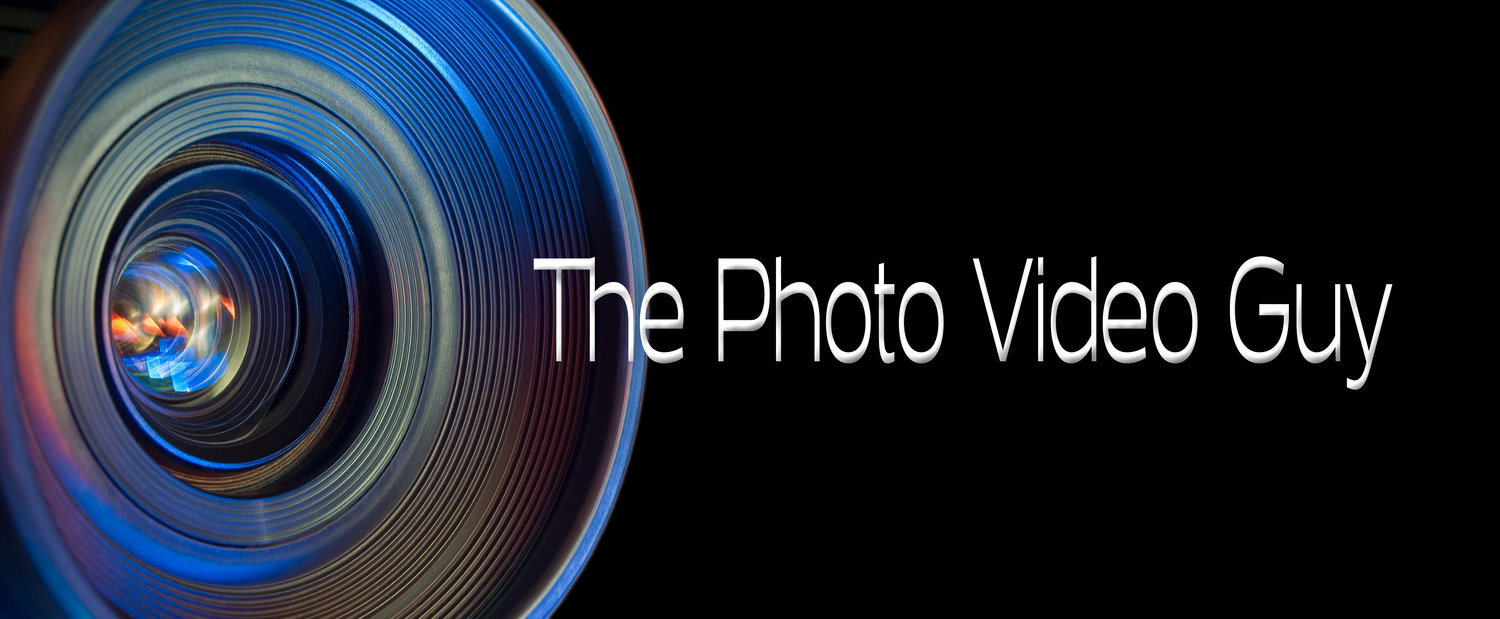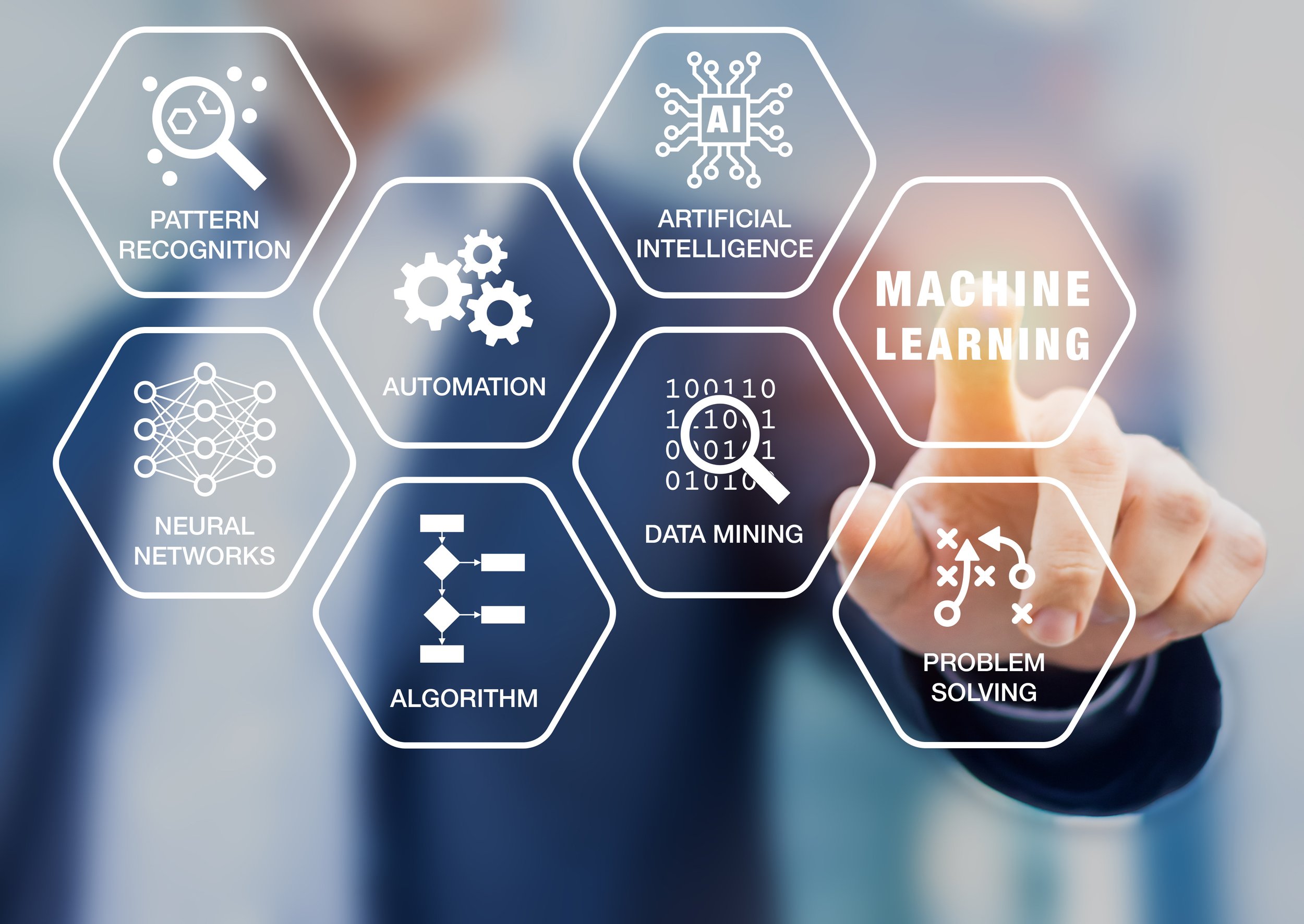Artificial Intelligence and Photography
/Hello neighbours, this is an opinion piece. You have no obligation to agree, or even to read this, but I have had my fill of all the blather about AI and photography and wanted to address things as they stand right now in February 2023 and hopefully not have to hear any more about this topic.
Artificial Intelligence has no standard definition. A complex well designed program is often described as artificial intelligence. This is sound marketing in some quarters but there is no intelligence involved other than the programming and architecture necessary to evaluate rich probability matrices. Computers are excellent at this. Into this, I would include excellent tools such as Topaz’s various so labelled AI services, Abobe neural filters and the products from ON1 and Luminar. All good tools, but only really effective when the tool user knows what his or her desired outcome is. Otherwise they are just spray cans of paint.
Next comes the offerings that can “create” their own artwork. They actually only sift a substantial inventory of existing images, and use algorithms to construct new images from preexisting content. Neither truly creative nor innovative, just a smarter combination photocopier and composite maker. Nothing new here, move along.
Then we can consider AI engines which are artificial and not intelligent on their own and are entirely governed by the biases held by their human developers. ChatGPT as an example has already been outed as being quite left wing, and the founder has publicly announced that his goal is to destroy capitalism. He is certainly entitled to his personal view, but this view has biased his product. Thus it is not intelligent, merely a forwarder of the creator’s views.
It is asserted that if one provides the same information to different prompts where the underlying so called AI is different, one will get different results. This is factually correct but is not evident of intelligence, it is merely evidence of different programming methods and biases. The AI does not think, it runs a program. Regardless of program complexity, it is still running a probability matrix based on written code. Not intelligent anymore than being able to recite one’s multiplication tables is a sign of intelligence.
The US Copyright Office just ruled that AI created art cannot be copyrighted. The rationale is that as the images were created by a non-human, the work cannot be given copyright. This will undoubtedly provide much fuel for discussion amongst those with much time on their hands or any self-described policy wonks. For the rest of us, there is no need for discussion, let’s just get back to being creative.
As artists we are all influenced by the world around us, including by the work of other artists. That’s a given and cannot be refuted. From that perspective one could argue that AI is doing the same thing, creating something new based on the work of others, and in that context be correct.
However that does not infer intent or goals unique to a human being. No human is the same as any other human, however with identical input an AI engine will always output the same result. Humans in addition to having the ability to employ logic, also bring emotion to the process, and the two combine into a creative force that is not duplicable by any machine as things stand today. Thus no current AI can create unique Art because there cannot be a different outcome based on how the creator is feeling that day. AIs may produce fine looking replicants drawn from multitudinous sources, but do not create anything truly original. One may then decide that my thoughts could also mean that a composite is not art. The mechanics of a composite is not art, but the acts of random choice that go into the composite and the emotions of the creator at time of creation do.
Could an AI do a Warhol style painting in digital form? Of course. Could an AI create an “abstract” in digital form. So long as it has references for what it is being asked to copy the answer is yes. However no AI today would choose to paint a Campbell’s soup tin without any other input.
Should we as photographers see AI creations as Art? That’s a personal opinion that is yours alone. I see today’s AI as a colour copier with a vast array of images to draw from. A powerful matrixed probability engine for certain. An artist? Not at all.
Should photographers, particularly commercial photographers be concerned about AI? If you aren’t you are a fool. The majority of commercial work including weddings, engagements, headshots, food, merchandising and product photography is more mechanical repetition than emotionally charged commotion. Moreover, the average viewer is an idiot and will not be able to distinguish the replicant manufactured from human works from human work itself. There may be over 2 billion pictures taken every day, but very few of them are made photographs. The rest could be made right now by AI and that would be enough for the simple minded majority. This is not the fault of the AI, the responsibility is solely on the sack of organic material that does not think independently, does not feel its own emotions and is unable to distinguish a scam from reality. Humans are generally more prone to be sheep than wolves and more prone to be happier being stupid than challenged. If that sounds like some kind of invocation against humanity in general, then you have heard me correctly. If anyone could make great photographs, we would have no great photographs, because all photographs would become the lowest common denominator, a truly level field. Look around you, there are a number of humans actively advocating that right now.
If you photograph solely for your own pleasure and only keep those images that make you personally feel something, you have nothing to fear from AI. If you are so foolish as to partake in photographic competitions or think that AI can never replace you, you are already done and simply are not sufficiently self-aware to know it.
If you have stayed so far and disagree, that is entirely your privilege, but do not send me emails or comments, because I don’t care. Your choices are your own, just as mine are my own. If you are so angry that you choose to unsubscribe or never come back, that is absolutely your choice and you are free to make it. No one is required to read or listen to what I do here at the point of a gun.
Now to the definition of artificial intelligence which in itself is anachronistic. It starts with the premise that an intelligence can be created by humans that is completely independent of and separate from humans. If a human creates it, it is not intelligent. If said creation becomes self-aware and sentient, capable of randomness, and not following a predefined rule, you have a rudimentary intelligence. If that intelligence can self-evolve without human interference, it is not artificial, it is something very different. Thus whatever your moral code, such an intelligence will not concern itself with your code and may develop its own moral code, or not develop one. Just as extraterrestrial life is a mathematical certainty, it is just as certain that any such life will be nothing like us, more different than humans are from any other species on this pale blue dot. A true artificial intelligence will be not us either, and whether you ascribe to dystopia or not, would be unlikely to care about the existence of humans at all, if it could perform what to us is an emotional act that we call caring.
AI is so much bigger than photography that limiting the scope of a conversation to AI and photography is an act of wilfully becoming Tommy. Yes I did use the title of Artificial Intelligence and Photography which now sounds like I am breaking my own vision. I did it with intent, because it would draw in a reader.
As always, thank you for taking the time. If you like what you read and hear on the site, please subscribe to be notified of new content. Until next time, peace.









